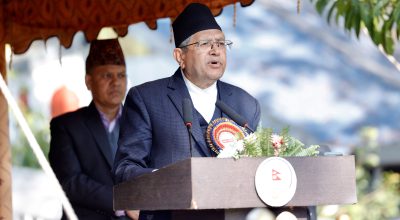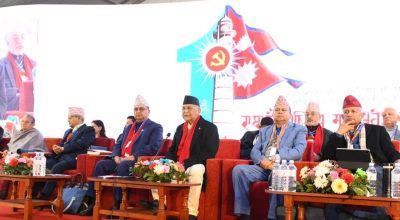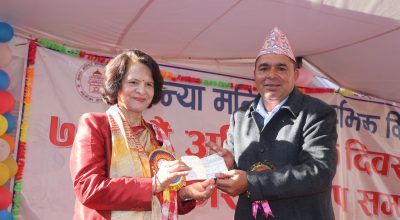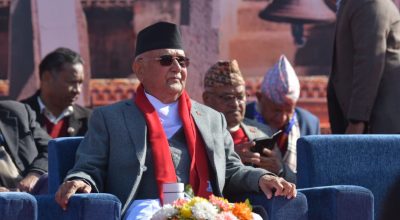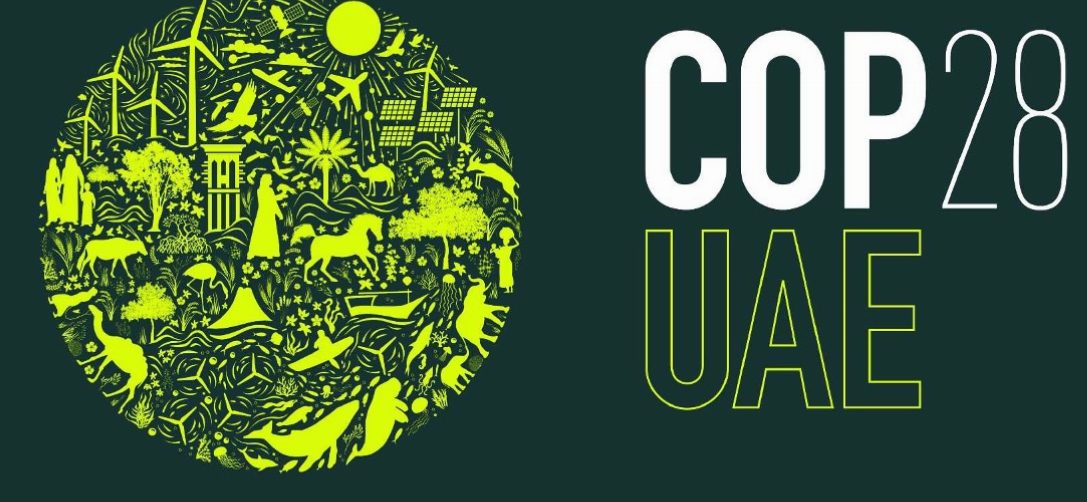
Kathmandu, Dec 14: As the two-week-long UN climate summit, COP28, concludes, reactions are pouring in from various groups- with concern and with little celebration.
“This outcome is not perfect, we expected more. It reflects the very lowest possible ambition that we could accept rather than what we know, according to the best available science, is necessary to urgently address the climate crisis.” It is the reaction of Chair of UN Least Developed Countries Group, Madeleine Diouf Sarr, to the outcome of COP28, which concluded in Dubai, UAE on Wednesday.
She called the inclusion of ‘fossil fuel’ a historic decision as it is the first ever references in the outcome document. Sarr, however, stated, “We are concerned about the loopholes that it leaves open, which could limit true emissions reductions and ambition.”
According to her, international cooperation is key to ensure limiting global heating to 1.5 C, which she called ‘matter of survival’. The LDC’s concern was also on the yawning gap between the needs in developing countries and finance available.
Similarly, Dean and Professor at Fletcher School, Kelly Sims Gallagher, viewed, “The ‘transitioning away from fossil fuels’ language is new and sends a useful signal to the market but the critical task is to peak global emissions as soon as possible with immediate and sustained reductions thereafter and there is no decision text on peaking global emissions.”
Head of Global Political Strategy at Climate Action Network International, Harjeet Singh, observed, “After decades of evasion, COP28 finally cast a glaring spotlight on the real culprits of the climate crisis: fossil fuels. A long-overdue direction to move away from coal, oil, and gas has been set.”
Yet the same time, he showed concern that resolution is plagued by dodges which, he says, will create escape routes to the fossil fuel industries.
A keen observer of COP28 and member of the National Climate Council, Bimal Raj Regmi, responded that the inclusion of mountain in decision text of global stocktake and global goal on adaptation is an achievement for Nepal. However, he said, “While we are celebrating the success, we failed to do justice to vulnerable communities. The GGA text is full of generic goals and lack real, immediate, and impactful support to adapt to climate change.”







